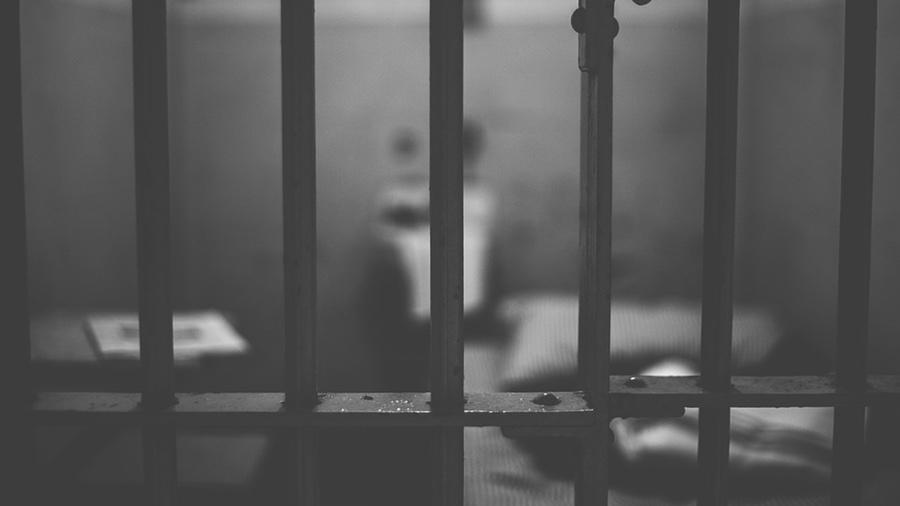A mentally ill woman in prison on cocaine possession charges was forced to give birth in an isolation cell last month as her cries for help were allegedly ignored.
Public Defender Howard Finkelstein wrote a letter about the incident to Broward Sheriff Gregory Tony alleging that jail inmate Tammy Jackson started complaining about contractions to staffers at 3:16 a.m. on April 10 and by 10 a.m. she gave birth to her daughter all alone, reported the Miami Herald.





